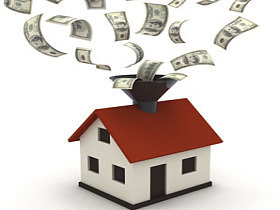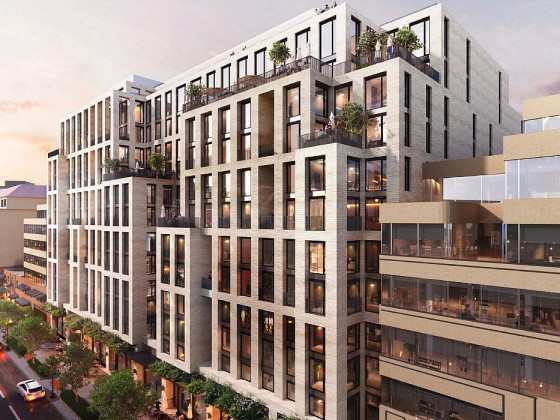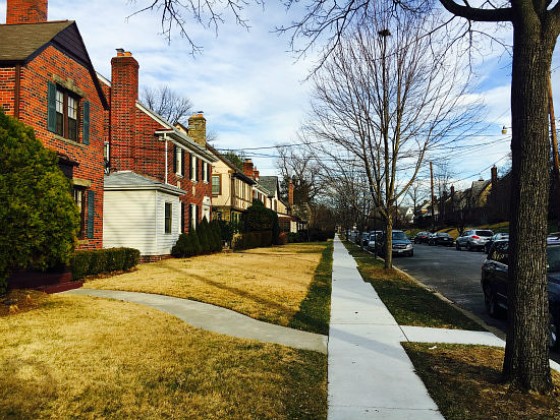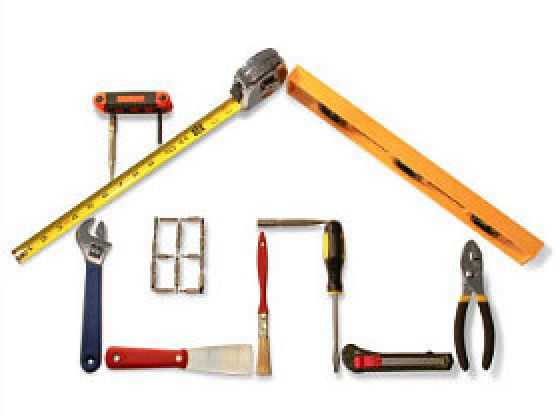 Underpriced or Overbid? The Anatomy of DC's Bidding War Climate
Underpriced or Overbid? The Anatomy of DC's Bidding War Climate
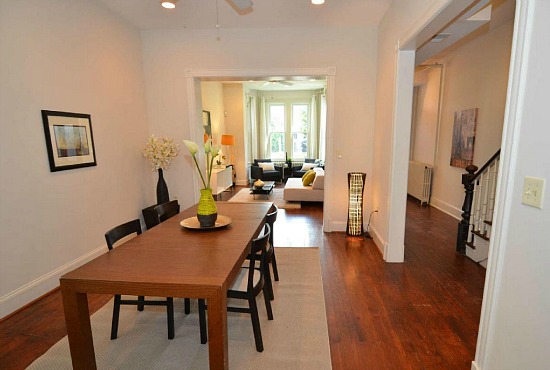
This row house sold for $176,000 above its asking price.
There may be no better indicator of the uber-competitive nature of DC’s housing market than the number of homes that sell for well above their asking price these days. The trend has become so widespread that UrbanTurf developed a series of articles to cover it.
A home in Truxton Circle recently sold for $176,300 over its list price, and Mount Pleasant rowhouses are becoming notorious for bidding wars that drive prices from the $800,000s into the $1 million range.
So, what’s going on? Are listing agents underpricing homes or is the market moving so quickly that the home value in such a competitive market is hard to determine? Or are buyers falling victim to “auction fever,” paying more than what is rational because of the competition and being fed up with losing out on a number of other homes?
It turns out the answer may be all of the above.
“There have been a few open houses where the listing agent told us that the home was priced to incite a bidding war,” said Rick Heath, who has been actively searching for a home for almost a year and has made several offers. Heath and his wife recently came in second on a house in Mount Pleasant, where they were beat by an all-cash, higher offer.
Besides underpricing, Heath believes low inventory is creating a desperateness on the part of many buyers, who are anxious to find a home after months and months of losing out on other properties. At a recent open house, he ran into another couple he had last seen at an open house…five months ago.
“There are some people who are now willing to make a dumb offer,” said Heath. “If money was no object, I’d probably be doing the same thing.”
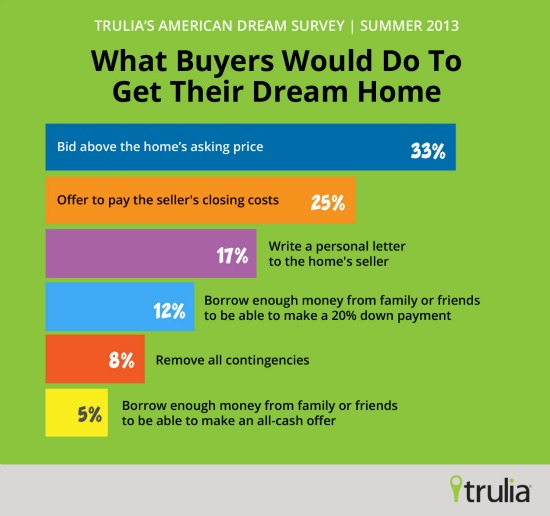
Courtesy of Trulia Trends.
Heath’s experience matches what a recent Trulia survey found, specifically that frustrated house hunters are resorting to very aggressive measures to get the home they want:
Among survey respondents who plan to buy a home someday, 2 out of 3 would use aggressive tactics such as bidding above asking, writing personal letters to the seller, or removing contingencies, to name a few. One in four (25%) would be willing to pay the seller’s closing costs, and 25% would also be willing to bid 1-5% over asking.
Pam Ryan-Brye of Long & Foster recently worked with a couple to make the winning offer on a rowhouse at 2011 Klingle Road NW in Mount Pleasant priced at $879,000. The couple had a broader budget and were eager to stay in DC, so they asked Ryan-Brye to help them make a competitive offer. They ultimately got the house for $996,000, beating out seven other offers.
On its face, it could look like the buyers overpaid, but when Ryan-Brye sat down to do the market analysis, she found that the $879,000 price was a little disingenuous.
“In the past couple months, there have been a number of similar houses that sold in the $1 million range in the neighborhood,” said Ryan-Brye. The homes had made it past the appraisal process and were comparable to their selected listing.
“Our consensus was that the house was underpriced to get multiples,” believes Ryan-Brye.
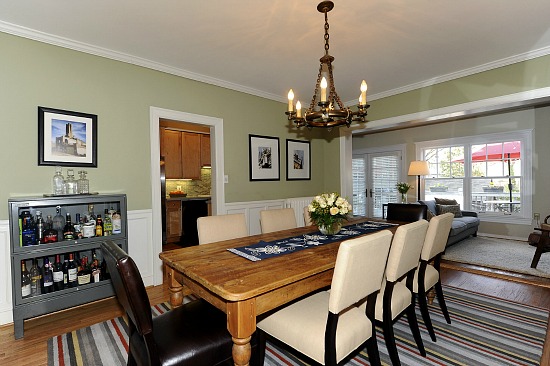
2011 Klingle Road NW, which recently sold for more than $100,000 above asking.
If the underpricing tactic continues, said Ryan-Brye, she could see how it would be misleading. If someone has a budget in the $800,000 range then many homes showing up in their search would not actually be in their price range. Finding a home appropriate for their budget would require more research to find the normal “starting price” of homes that are ultimately bid up to $800,000. It’s hard to blame a listing agent for underpricing a home, though; their duty is to get the highest price for their client and this is an increasingly effective way to achieve that goal.
Bidding wars, like auctions, also have particular psychological effects; according to research cited in this BBC article, being in direct competition with other people makes it more difficult to make a rational decision. People also tend to overvalue items that feel scarce, either because they are unique, or because they are only available for a limited time; our low inventory, high demand market provides both of these constraints. Finally, auctions operate on a principle of social proof: if other people believe that something has value, we do, too.
Whatever the reason, if inventory doesn’t start increasing soon, bidding wars, and higher prices may be the new normal for DC house hunters.
See other articles related to: bidding wars, dc bidding wars, dclofts, editors choice, underpricing
This article originally published at https://dc.urbanturf.com/articles/blog/under_priced_or_over_bid_the_thinking_behind_a_bidding_war/7373.
Most Popular... This Week • Last 30 Days • Ever

The big news in the development pipeline east of DC's H Street Corridor is the resur... read »
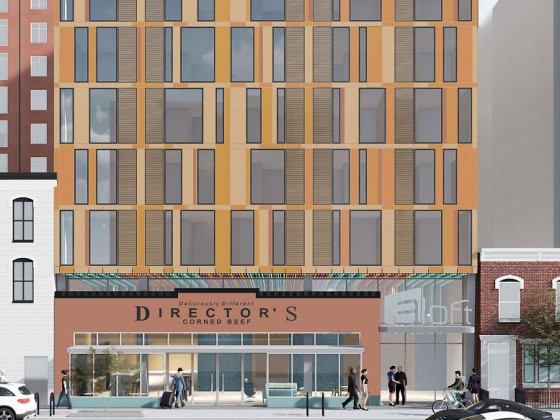
A new hotel has been pitched for a development site in Mount Vernon Triangle that has... read »
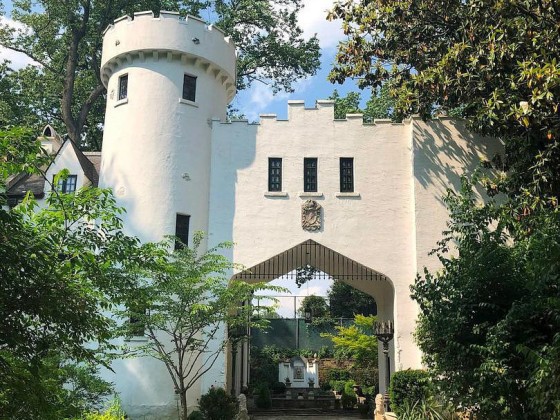
Rossdhu Gate is the remaining piece of a 30-room castle built by socialite Daisy Calh... read »
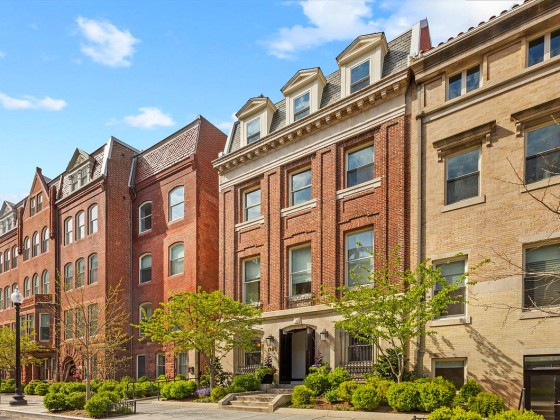
As profits drop around the country, sellers around DC are still realizing hefty retur... read »
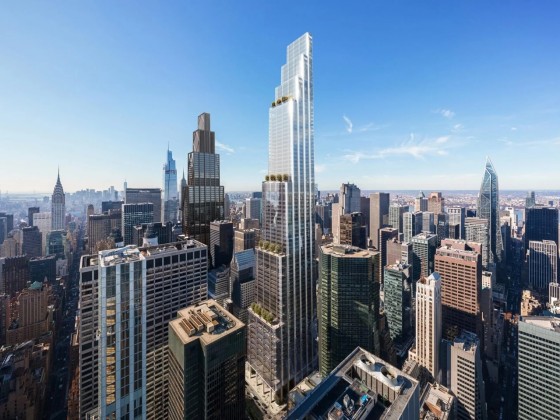
Foxtrot closes up shop; the bus-only lanes coming to Georgia Avenue; and the new tier... read »
DC Real Estate Guides
Short guides to navigating the DC-area real estate market
We've collected all our helpful guides for buying, selling and renting in and around Washington, DC in one place. Start browsing below!
First-Timer Primers
Intro guides for first-time home buyers
Unique Spaces
Awesome and unusual real estate from across the DC Metro





